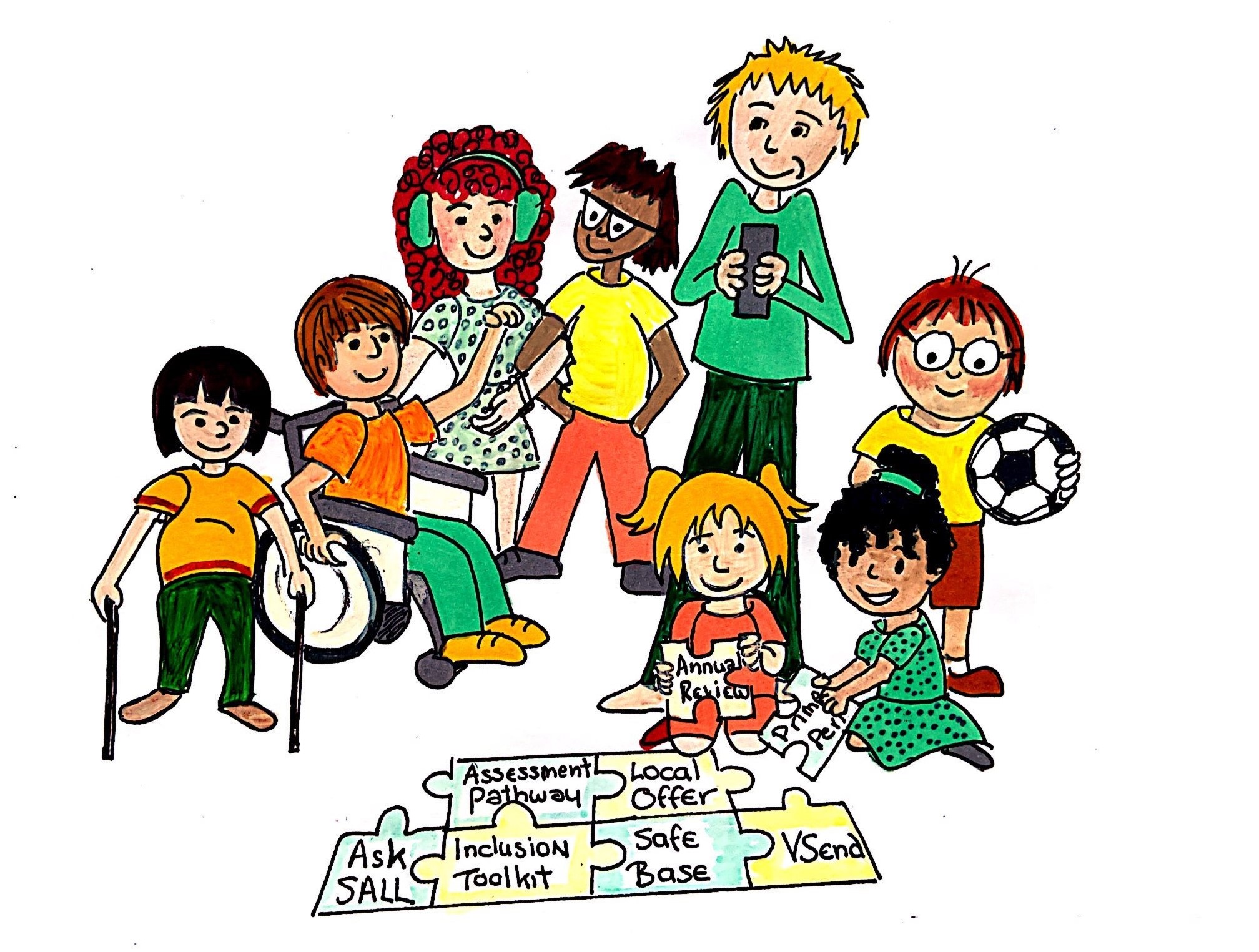Level 7-10 strategies to support highly specialised interventions
High quality teaching, targeted and specialist strategies, approaches and adaptations for pupils should be implemented and supplemented
0-5
Level 7-8
- teaching approaches place a high emphasis on direct, structured teaching, very finely graded and practical tasks which provide opportunities for frequent repetition and reinforcement. For example, portage approach
- some children with more complex needs may be making progress in much smaller steps
- a small steps monitoring system should be in place to assess child’s need, identify outcomes, implement support and monitor and evaluate progress
- developmental journals can support with the tracking of progress in these instances
- direct care is required to address physical and medical needs such as changes of position, tube feeding administration of medication, management of tracheostomy or colostomy and seizures
- additional adults support the child individually, under the direction of the setting SENDCo (with support for the SENDCo from early years specialist teachers if required) to:
- work on significantly modified curriculum tasks;
- access daily individual support and opportunities for peer to peer interaction
- encourage independence through access to carefully planned opportunities targeted to need.
- monitor the progress of the child using highly structured methods
- provide opportunities for child to develop independence or self-care skills through access to carefully planned opportunities targeted to need.
- provide opportunities for the child and family to engage in community activity
Level 9-10
- child requires a high level of multi-sensory stimulation including access to sensory room and specialist therapies or teaching approaches
- individual supervision needed at all times to ensure safety. For example, swallowing small objects. On occasion, 2:1 staffing ratio may be required to ensure safe transfer between equipment and activities
- staff trained and experienced in delivering a very early developmental curriculum or multi-sensory stimulation
- staff trained as therapy assistants to support language and physical therapy programmes and more specialist strategies. Training could include moving and handling and augmentative communication systems or communication aids medical procedures. For example, tube feeding
- appropriate aids and equipment will be identified and provided by medical personnel
5-16
- adapted and alternative curriculum – (students engaged in subject specific curriculum). At secondary level, access to a curriculum promoting independent living
- planned termly sharing of information with pupils and parents or carers should take place as well as a statutory annual review
- small class groups with high levels of additional adult support with all aspects of self-care and regulation
- identified 1-1 support from highly skilled specialist staff
- personally tailored, time-limited intervention programmes with staff that have knowledge, skills and experience to address the pupil’s specific needs
- curriculum focusing on the acquisition of functional skills
- teaching approaches that place a high emphasis on direct training, are very finely graded and offer practical tasks which provide opportunities to make progress towards planned outcomes
- tasks will be short in duration and may be reward led
- additional adults support the pupil individually, under the direction of the teacher and other key staff to:
- work on highly modified curriculum tasks when working with the whole class
- access a significant number of individual support sessions across each day
- encourage independence
- the curriculum places an emphasis on identified holistic outcomes. For example, life skills, opportunity for the pupil to engage in community activity and to encourage independence
- the pupil is able to access the classroom curriculum for limited periods where they are able to experience success supported by a member of staff
- planned opportunities are provided for the pupil to be included with peers where the pupil is able to experience success
- effective use of personalised resources based on the pupil’s interests
- effective use of individual visual timetable per session or activity. For example, start, finish, now and then which does require support to implement


